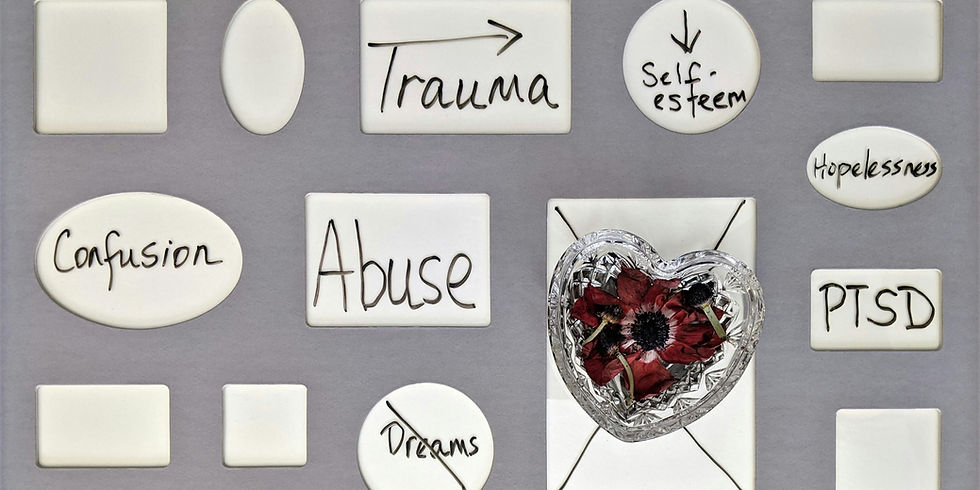Recognizing Signs of Depression in Young Adults
- Yourdeline Sertyl
- Apr 1, 2025
- 2 min read
Depression is a serious mental health condition that affects millions of young adults worldwide. It can significantly impact their daily lives, relationships, and academic performance. Recognizing the signs of depression early is crucial for getting help and improving outcomes.
Here are some key points to consider:
Emotional Changes:
Persistent sadness or emptiness: This can manifest as tearfulness, low mood, feeling numb, or a lack of interest in previously enjoyable activities.
Hopelessness and worthlessness: Young adults with depression may express negative thoughts about themselves and the future, believing they are worthless or a burden to others.
Irritability and anger: While sadness is often associated with depression, in young adults, irritability and anger can be more prominent symptoms.
Loss of interest or pleasure in activities: This can include hobbies, social interactions, sports, or any activity that used to bring enjoyment.
Changes in appetite or weight: Significant weight loss or gain (over 5% of body weight in a month) can be a sign of depression.
Behavioral Changes:
Changes in sleep patterns: Difficulty falling asleep, staying asleep, or sleeping too much are common in depression.
Decreased energy or fatigue: Feeling constantly tired and lacking the motivation to engage in daily activities.
Social withdrawal: Avoiding friends, family, and social events due to low mood or a lack of interest in connecting with others.
Neglect of personal hygiene: Changes in self-care, such as neglecting personal hygiene or appearance.
Increased risk-taking behavior: Engaging in dangerous or reckless activities as a way to cope with the pain of depression.
Physical Changes:
Unexplained aches and pains: Depression can manifest in physical symptoms like headaches, stomachaches, or other bodily discomfort.
Concentration problems: Difficulty focusing, remembering things, or making decisions.
Changes in sex drive: Loss of interest in sexual activity or decreased libido.
Additionally:
Pay attention to changes in communication. Depressed young adults might isolate themselves, communicate less, or express suicidal thoughts or statements.
Consider academic performance. A sudden decline in grades or difficulty completing schoolwork can be a sign of underlying depression.
Be mindful of changes in social media activity. Increased posts about sadness, negativity, or hopelessness could be a red flag.
Remember:
These are just some of the signs of depression, and not everyone will experience all of them.
The presence of a few symptoms doesn't necessarily mean depression, but persistent changes in mood and behavior warrant seeking professional help.
It's important to approach the situation with empathy and understanding, avoiding judgment or criticism.





Comments